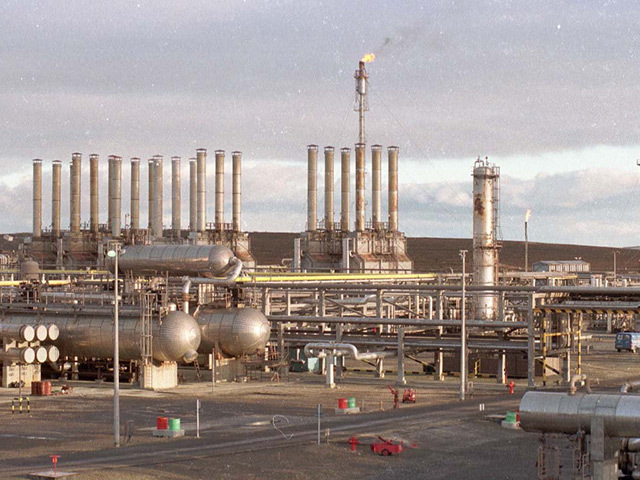
Along with renewables, energy efficiency, nuclear, land reform, BECCS, biofuels and batteries I am convinced that hydrogen will be key enabler to deliver net zero.
So I read with some interest the Energy Voice article regarding the consortium seeking additional partners to advance an Orkney project aimed at converting North Sea platforms into hydrogen producers.
After reading the article I wondered what I was missing. To help my understanding behind the motivation for the Orkney project, I had a look at the OGTC site. That didn’t help either; it did not clarify how offshore production of hydrogen could compete with onshore.
I guess the project team would counter me by saying that is the purpose of the Orkney project.
As a lecturer in Offshore Facilities one of my mantras is – don’t do anything offshore that you can do onshore. Offshore will be much more capital intensive, it will cost more to operate and it will be less safe.
So I’m in a place of why are we spending money investigating offshore hydrogen production? Perhaps hydrogen storage? Well we could do that from an onshore hydrogen facility using the oil and gas network, much like the proposed CO2 sequestering schemes, and designing for back flow of hydrogen to shore. I’m afraid I just don’t get why offshore hydrogen makes sense.
The two main routes to hydrogen are methane reforming and electrolysis. Reforming dominates with some 95% of all hydrogen being produced that way. The reforming process produces CO2 – thus a CO2 capture, treating, compression and storage facility (CCS) is also required to reduce the reforming carbon footprint.
Electrolysis is receiving much interest as evidenced by Shell’s plans for their Rheinland refinery in Wesseling, Germany. Shell will install one of the world’s largest hydrogen production electrolysis plants. The electrolyser feedstock is water and it uses proton exchange membrane technology (PEM). If the electrolyser is powered by renewable energy the system is carbon free with the only products being hydrogen and oxygen. Hence electrolysis is a very attractive option. Furthermore, the oxygen produced by electrolysis can be a supplementary revenue stream.
Presently electrolysis is seen as more expensive than reforming but the gap is closing as more efficient membranes are developed. Developing and testing more efficient, cost effective membranes is a role for Orkney that, to my mind, is much more supportable than offshore hydrogen production. Could the UK become a leader in Electrolysis/PEM development and manufacture? It could, but that would need a lot more funding and resources than presently available.
Tom Baxter is visiting professor of chemical engineering at Strathclyde University and a retired technical director at Genesis Oil and Gas Consultants
